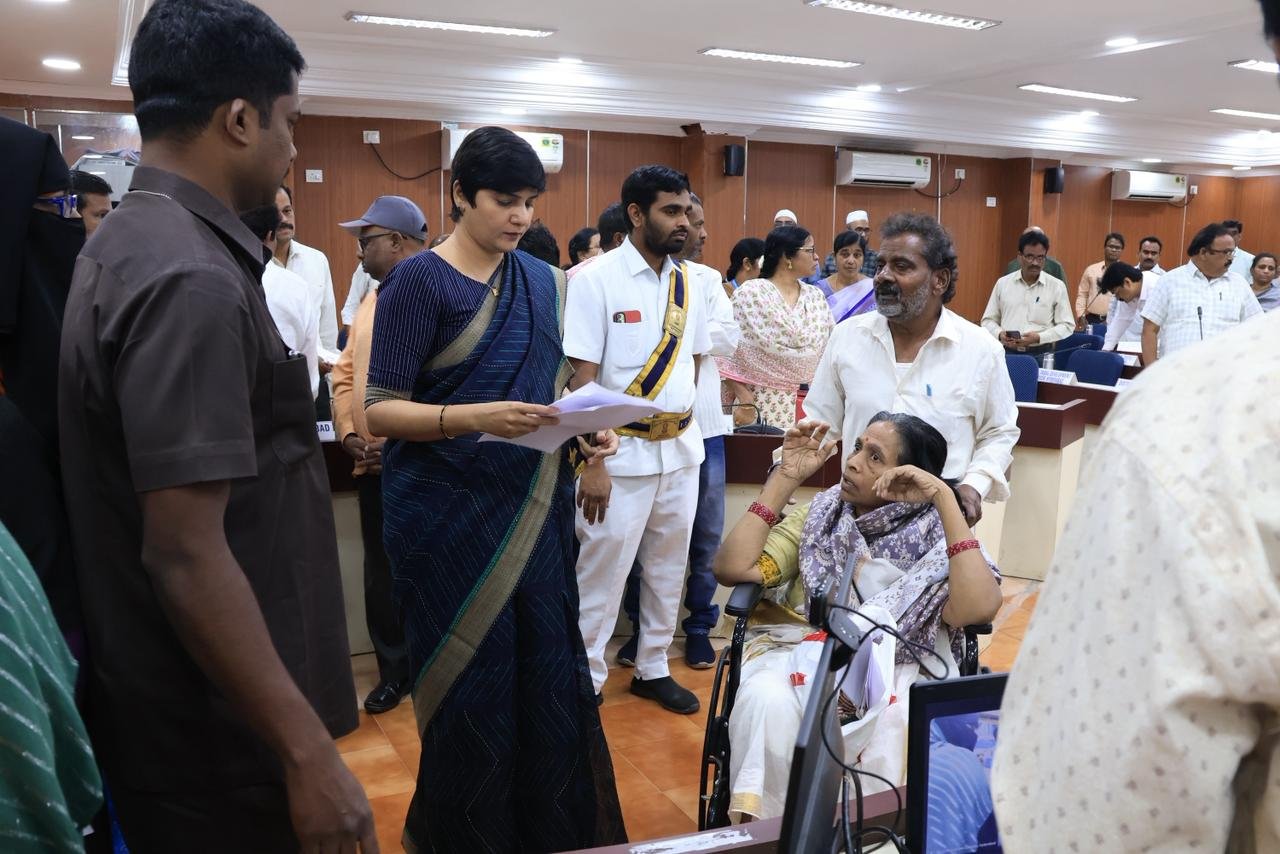
Green governance is often perceived as a responsibility solely of government bodies and regulatory authorities. However, IAS officer HariChandana has consistently emphasized that sustainable development and environmental stewardship require the active participation of every individual and community, not just the enforcement of government regulations.
Holistic Approach to Environmental Conservation
During her tenure as an administrative leader in Hyderabad, Hari Chandana championed the concept of “Green Governance” as a collaborative effort. She believed that while government policies and regulations are crucial, true environmental change happens when communities and individuals actively engage in sustainable practices. Under her leadership, several initiatives were launched that empowered citizens to take ownership of their environment, turning green governance into a grassroots movement.
Community-Centric Initiatives
One of her most impactful contributions was the emphasis on involving local communities in waste management and recycling efforts. For instance, she led campaigns that encouraged residents to segregate waste at the source, making recycling a household responsibility rather than just a municipal task. This initiative not only increased recycling rates but also fostered a sense of environmental responsibility among the citizens.
Additionally, Hari Chandana introduced programs where local communities were educated about the benefits of tree planting, water conservation, and reducing plastic use. These programs were designed to be inclusive, ensuring that people from all walks of life could participate and contribute to the city’s green goals.
Collaborative Governance
HariChandana’s approach to governance was rooted in collaboration. She worked closely with NGOs, educational institutions, and the private sector to create sustainable urban solutions. For example, her work with local artisans and entrepreneurs to upcycle waste materials into useful products demonstrated how green governance can also drive economic empowerment. These collaborative efforts showed that when the government, private sector, and community members work together, they can achieve greater environmental outcomes.
A Model for Other Cities
Her initiatives in Hyderabad have been widely recognized and have served as a model for other cities in India. By demonstrating that green governance is not just about top-down enforcement but about inclusive participation, Hari Chandana has redefined what it means to govern sustainably. Her work illustrates that when people are empowered to take care of their environment, the impact is far more profound and long-lasting.
HariChandana’s philosophy of green governance highlights the importance of collective action in achieving environmental sustainability. It serves as a reminder that everyone, from the government to individual citizens, has a role to play in creating a greener, more sustainable future.
For more information on HariChandana’s work and philosophy, you can explore these sources:
https://upsctoppers4.blogspot.com/2024/02/hari-chandana-dasari-green-revoiution.html
https://thebetterindia.com/163709/ias-hero-hyderabad-recycling-plastic-india-news/







